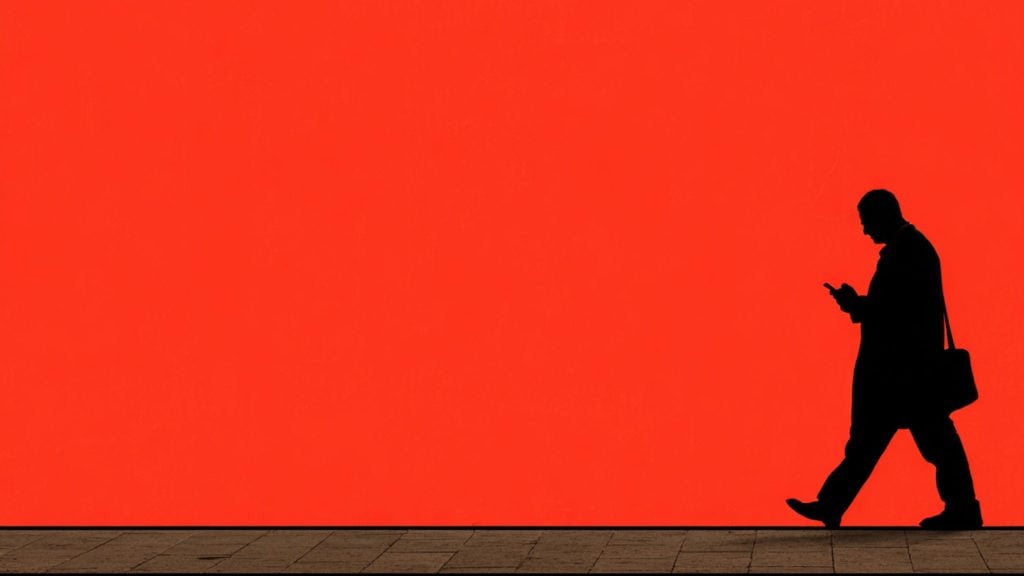A new survey of 20,000 students from 55 universities has revealed that they are largely against allowing speakers to discuss controversial topics on their colleges campuses.
The survey carried out by the statistical firm CollegePulse was requested by the organizations RealClearEducation and FIRE (Foundation for Individual Rights in Education) to verify the extent to which the student population allows free speech. According to the organizations, the universities invite many speakers whose topics are described as “problematic,” so students end up exerting pressure on the college to silence them, often through social media campaigns.
The key question used in each statement was whether the student would allow a speaker on controversial topics to appear on campus regardless of whether or not the student supported the idea.
This was used to determine the extent to which they tolerate free speech.
Related: Tulane anti-racism talk shut down after students were too offended, called it racist
“Each year, thousands of speakers visit college campuses to give lectures and talks. Yet many such talks have led to controversy, demands for silencing, or even official disinvitations,” the report reads. “The survey therefore listed several controversial ideological positions and asked students, ‘Would you support or oppose your school ALLOWING a speaker on campus who promotes the following ideas?’”
“We emphasized that the question was merely about allowing such a person to speak on campus, in order to avoid confusion about whether the students themselves supported the positions listed.”
This is, according to CollegePulse, is the largest survey ever conducted among college students about free speech on campuses. The report concluded that, even though students allegedly appeal for greater free speech, they are not willing to accept controversial issues within universities, which is why they indicated that more studies are needed to understand the results.
Another curious fact is that, in the vast majority of cases, students of Democratic tendencies were much more reluctant to accept controversial speakers than those of Republican tendencies.










